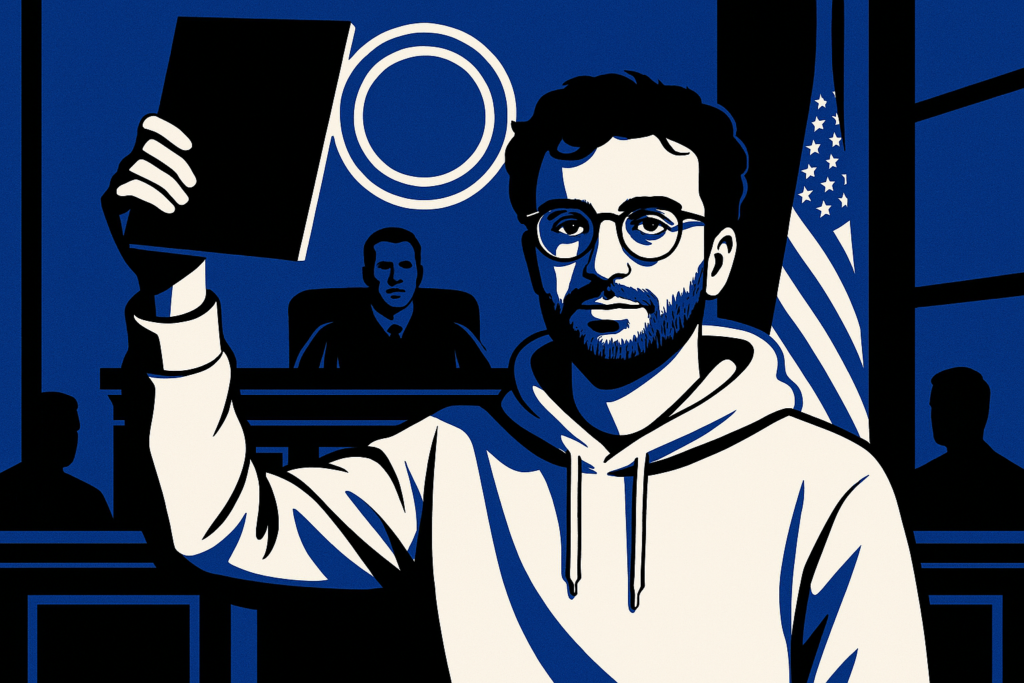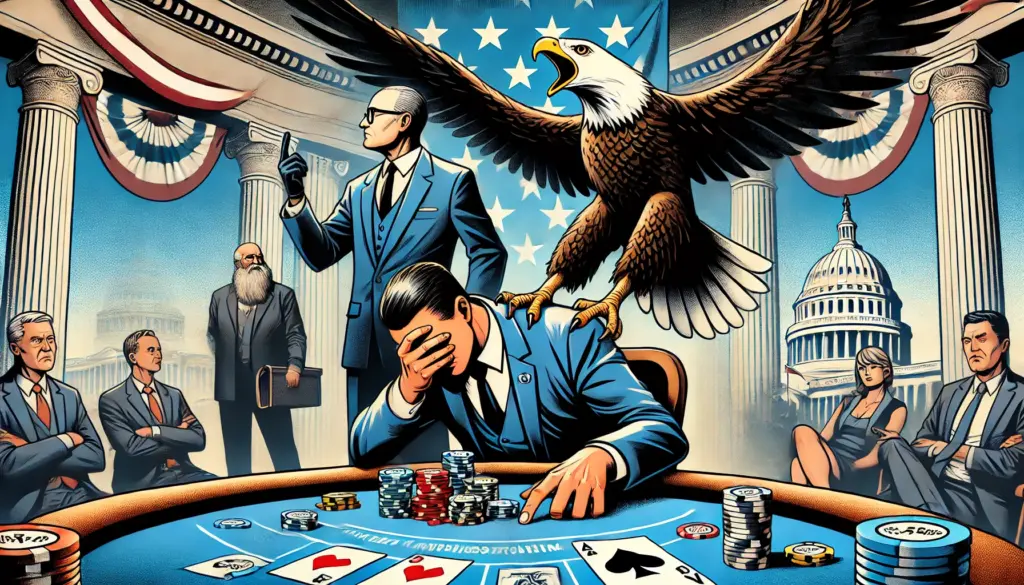Earlier this month, Kalshi secured a preliminary injunction in Nevada, blocking regulators from enforcing the state’s gaming laws against its sports markets. A federal district court in Nevada reasoned that Kalshi’s contracts qualified as “swaps” under the Commodity Exchange Act (CEA), thereby placing them under the exclusive jurisdiction of the Commodity Futures Trading Commission (CFTC) and preempting state gaming regulations.
However, a new filing from the New Jersey Attorney General’s office disputes this critical assumption, potentially undermining Kalshi’s legal strategy.
The stakes for Kalshi are high
The classification of Kalshi’s sports contracts as swaps is fundamental to its state law preemption argument. If defined as swaps under the CEA, these sports prediction markets could be insulated from state gambling regulations due to provisions of the CEA in which Congress granted the CFTC exclusive jurisdiction over swaps.
However, if not considered swaps under the CEA, Kalshi’s sports markets would be subject to state-level gaming laws, severely complicating Kalshi’s ability to operate nationwide without state-by-state licensing.
New Jersey’s argument: No ‘financial, economic, or commercial consequence’
New Jersey argues that Kalshi’s sports event contracts fail to meet the statutory definition of a swap under the CEA.
The state emphasizes that, under the law, swaps must be linked to an event associated explicitly with a potential financial, economic, or commercial consequence. According to New Jersey, sports contracts do not qualify under these standards, arguing “[t]he transactions here concern event contracts related to sports games, which are not associated with a ‘potential financial, economic, or commercial consequence.’ Therefore, they are not ‘swaps’ under the CEA and do not fall within the CFTC’s exclusive jurisdiction.”
Thus, New Jersey asserts, Kalshi’s sports-related event contracts are essentially gambling products and thus do not fit into the established financial categories regulated by the CFTC.
In its filing, New Jersey leverages Kalshi’s previous statements in separate litigation brought by the CFTC against the company. In a prior case concerning election markets, Kalshi itself argued that ““contracts relating to games — again, activities conducted for diversion or amusement — are unlikely to serve any ‘commercial or hedging interest.’”
New Jersey cites this admission to reinforce its point that Kalshi’s current sports contracts lack legitimate commercial utility, supporting their argument that these contracts are not swaps as defined under federal law.
Implications for federal jurisdiction
The distinction New Jersey draws is crucial because the CFTC’s exclusive jurisdiction only applies to contracts fitting within the CEA.
If a contract does not qualify as a swap, the federal preemption argument dissolves, leaving state gaming laws intact and enforceable against Kalshi. New Jersey explicitly addresses this point in its filing: “Kalshi’s sports-related event contracts are not ‘swaps’ and therefore do not fall within the CFTC’s ‘exclusive jurisdiction’ in the first place.”
This argument, if accepted by the court, would undermine Kalshi’s reliance on federal preemption to shield itself from state regulations.
The savings clause and state authority
Alternatively, New Jersey argues that the CEA explicitly preserves state jurisdiction through a savings clause even if the court determines the sports markets are “swaps”, quoting the CEA’s provision stating: “Nothing in this section shall supersede or limit the jurisdiction conferred by law on any State.”
New Jersey argues that this language clearly indicates Congress intended state gambling regulations to operate alongside, not be displaced by, federal law. The state further points to another provision of the CEA, noting that Congress expressly allows the CFTC to prohibit event contracts that involve illegal gaming activity under state law.
Thus, New Jersey concludes that Congress anticipated concurrent state regulatory authority in this area.
Should New Jersey’s interpretation prevail, the implications extend far beyond Kalshi’s immediate market operations. It would mean Kalshi could no longer rely on the preemption defense to bypass individual state licensing and compliance requirements. Such an outcome would introduce substantial regulatory hurdles for sports event-based contracts.
What happens next?
Currently, the case in New Jersey remains in its early stages, but Kalshi will likely respond by reinforcing its position that its sports contracts have commercial relevance or by seeking alternative legal theories to support federal jurisdiction.
The decision of this case could ultimately reshape the regulatory landscape for prediction markets involving sports. New Jersey took a different approach from Nevada, which relied on gaming regulation being traditionally a state-regulated activity. New Jersey instead led with the argument that Kalshi’s sports event contracts are not within the purview of the CEA, and thus not subject to the CFTC’s exclusive jurisdiction.
By leveraging statutory language and Kalshi’s prior arguments, the state presented a compelling case for why these contracts fall outside federal jurisdiction. If successful, this argument could force Kalshi to reevaluate their offering of sports contracts entirely.
Kalshi will have an opportunity to respond to these arguments before the court issues a determination on its request for a preliminary injunction. The response is due April 25.





